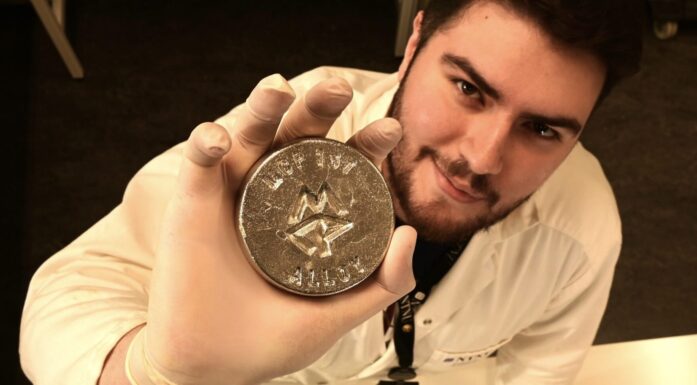How Western diets are making Indians sick
International Research Project: Why are so many Indian IT workers getting sick, and what can be done to prevent it?
Psychology professor Geir Arild Espnes talks to reporter Anne Sliper Midling:
Workers in the Indian IT industry have changed their diet overnight, from surviving on a handful of rice a day, to gorging on fatty foods from McDonald’s.
Several studies have shown that when compared with their European and American counterparts, Indians are less tolerant of the typical Western diet.
In the UK, low birth weight is more common in babies born to parents who are of Indian origin. Yet, according to a British study, more Indian than English children end up obese.
People in the West have been living on a high-fat diet for centuries. Hard-working Norwegian lumberjacks, for example, often made fry-ups when out in the woods, and the Italians have been putting cream in their carbonara sauces for ages.
“An unhealthy lifestyle among well-educated young people is now seen as the biggest threat to the country’s economic miracle.”
When it comes down to it, fatty foods are bad for us too, but it seems like people in the West have become somewhat accustomed to eating loads of fat, and hence, seem to tolerate it better.
After 50 years of increasing poverty, India now has an annual economic growth rate close to 10 per cent, making it one of the fastest growing economies in the world.
The Information and Communications Technology (ICT) sector has played a major role in India’s transformation. The country has delivered IT-based services to the West for more than 30 years, and more than half of the world’s ICT services are outsourced to India.
The health of Indian IT workers
- International Research Project: Why are so many Indian IT workers getting sick, and what can be done to prevent it?
- Project Manager: Geir Arild Espnes, the Research Centre for Health Promotion and Resources, HiST/NTNU.
- Participants: Indian IT workers, Indian authorities and scientists.
- Funding: NTNU's India 2011 project and the Indian IT industry.
But all is not well. There is now growing concern over the number of IT workers in danger of suffering from diabetes and cardiovascular disease. An unhealthy lifestyle among well-educated young people is now seen as the biggest threat to the country’s economic miracle, and Indian authorities are taking measures to curb this negative trend.
Increasingly, young people are getting sick. The average age for an Indian IT worker is 29, and 70 per cent of them are male. Laying the foundations for good health is simply not a priority for these men. IT mangers report that the problem seems to be rooted in workers who party too much, gamble, work a heavy shift rotation, and eat unhealthy foods.
The Indian IT industry delivers services to companies all over the world. This affects workers, as they have to work at all hours, including night shifts. Many of them also live in small bedsits, or ghettoes, far away from their families and the social support that families provide. These people have changed their lifestyles overnight.
People from our research centre have been to India twice, and several people from the Research Centre for Health Promotion and Resources at HiST/NTNU have had meetings with Indian IT managers. During the India 2011 festival at NTNU, several Indian researchers also attended workshops at the university.
Our focus now is to determine the future phases and targets for the project. This will enable us to apply for economic support from international and Norwegian organizations. Our deadline for the first phase is the end of February 2012. The project is considerably larger than our previous projects, so we are taking it one step at a time. Understanding the Indian culture is a lengthy process. For example, due to differences in working conditions, it is a lot more difficult to get Indian workers to answer work-related questions.
Our most important contribution is knowledge, both in how to promote health and how to collect scientific data that in the next step make will it possible to design good health promotion programmes. We will be collecting data through observational studies, large-scale quantitative surveys and interviews.
After that the plan is to develop a technology platform that will allow us to continuously collect data, and which allows for immediate feedback that can be provided via the technology platform.
A lot of countries worldwide will be seeing a surge in health problems caused by an increasingly Western lifestyle. It is therefore important that we identify the reasons for this as well as health measures that can be transferred to other countries.





